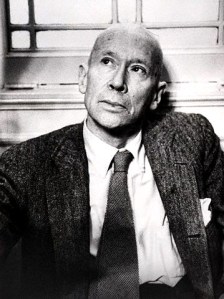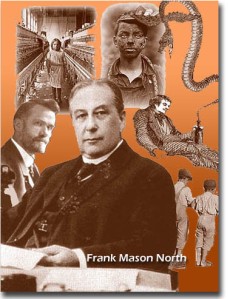Memorial Day once honored the fallen soldiers of the Civil War, both Union and Confederate soldiers. They called it “Decoration Day” when they laid wreathes and flowers on the graves of the dead soldiers.
When I learned this in elementary school, it struck me as more than a little strange. My father had served as a Chaplain on Saipan. My father was a good guy. The people he went to war against were not. How strange to honor soldiers who fought against each other, “heroes” all, killing each other, especially when one side was good and the other was evil. And then, on top of that it seemed to pay homage to something we were also taught to scorn: war itself. It was more than a little confusing.
Many years later, it’s a Monday morning. I’m a pastor. (The person in this story is since deceased.)
A 70-something year old ex-Marine calls the church office. He’s a big ma, what tough guy call “a man’s man,” a World War II Marine, 6’2”. 250 lbs, part of the invasion of Saipan in the South Pacific when he was 17.
“My wife’s out of town. Can you come over tonight for a drink?”
I’ve never been to their home. I’m guessing he wants to talk about his marriage.
He takes my coat. We sit down. He pours us each a Scotch.
“You know, your first couple of years here I didn’t come to church much. I didn’t like your preaching. I’m not one of these peace guys. But something made me keep coming back. I started to listen and I kept coming, and all this peace stuff and Jesus stuff started to get to me. It’s been a long time now. That’s why I called you. I hate the Japs! I know I’m not supposed to call ‘em ‘Japs’. I hate them! But I can’t hate them anymore.”
He gets up and walks over to the mantel above the huge stone fireplace.
“My wife has no idea what’s in this box. I’ve never told her. I can’t tell her. I don’t want it anymore. I’m asking you to take it. I can’t live with it anymore.”
He takes the box from the mantel, places it on the ottoman in front of me, and opens the locked box with a key. He is shaking now and crying.
“This poor bastard! I killed this [expletive] with my bear hands!”
His whole body shakes as, one by one, he removes the contents from the box –
a soldier’s helmet;
a lock of hair;
two eye teeth;
dog tags, and
a gun –
that had belonged to the Japanese soldier he killed in hand-to-hand combat on Saipan.
“All these years of hate. And this poor bastard was just doing the same thing I was. He was just doing his duty to his country. How will God ever forgive me? I just want this stuff out of my house. I want it out of my life! How will God ever forgive me? I can’t hate any more. I can’t.”
We stand in the middle of his living room. I hold him like a baby: a grown man – a “man’s man” – sobbing and shaking with guilt, sorrow, and grief.
I take the box and the contents home. I give the gun to a friend who’s a gun collector. I have no memory of what I did with the box or the artifacts of what remained of the Japanese soldier. Memory is like that. It was too personal. It was too hot.
_____________
So…today I observe Memorial Day by returning to the original sense of Memorial Day as a day to remember the fallen – ALL of them – but even more, to re-commit to ending the insanity of war itself. It’s a day when I remember the in-breaking of sacredness – three men in the living room – two live Americans and one Japanese – and pray for something better for us all.











